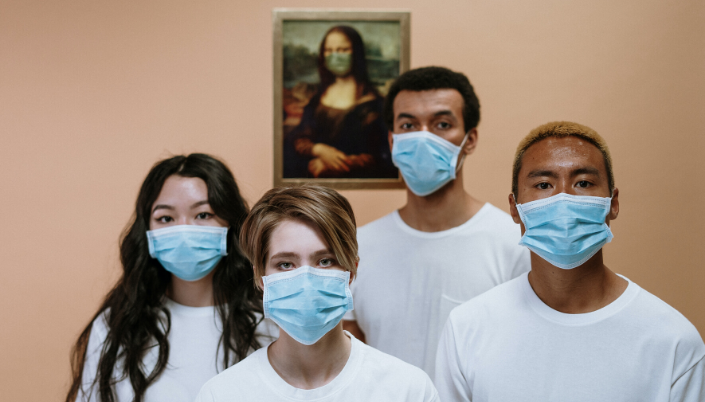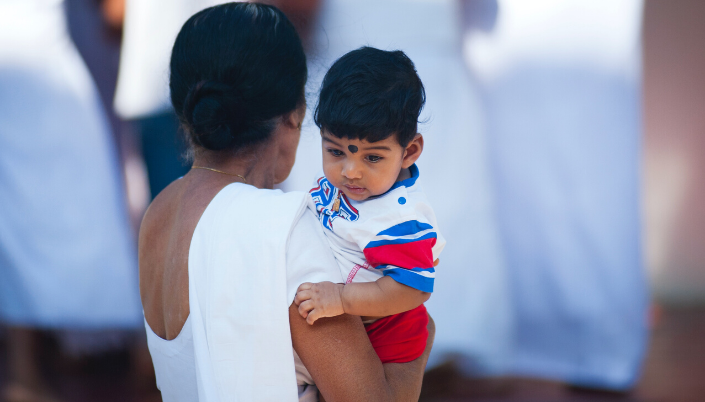Thousands Affected Without Travel Insurance Policy
18 Feb 2009 by Olga Brighton
Travel Information
Chikungunya Outbreak
- The outbreak of chikungunya virus that was first reported on La Réunion in March 2005 has extended to other islands in the Indian Ocean. Cases have also been reported in Mayotte, the Seychelles, Mauritius and now Madagascar.
- Chikungunya is a viral disease that is transmitted to humans by infected mosquitoes, usually the Aedes aegypti, although it seems that other mosquitoes may also transmit the virus.

- The name, chikungunya, comes from the Swahili for stooped walk, reflecting the physique of a person suffering from the disease.
- In the past the disease has been reported in Africa, South-East Asia, southern India and Pakistan. It mainly occurs during the rainy season.
- Chikungunya is rarely fatal. Symptoms are evident between 4 and 7 days after being bitten by the infected mosquito. These symptoms include a high fever, headache and extensive pain in the joints which can persist for weeks. There is no treatment for the virus.
- There have been some cases reported in returning travellers in France, Switzerland and Germany.
- With Mauritius and the Seychelles both popular holiday destinations for UK travellers it is possible we could see some imported cases here over the summer.
- There are no travel restrictions to these islands. As with all mosquito borne diseases, travellers would be advised to be aware of insect avoidance measures, including the diligent application of their insect repellent particularly during the daylight hours when the transmitting mosquitoes are active.
Read also: 3 Essential Facts About Vaccinations And Travel Insurance
NEWSFLASH - Meningitis
- There has been recent notification of an out break of meningococcal (meningitis) disease in Dehli. The last report was that there appeared to have been around 400 cases with 21 deaths.
- Meningitis is an inflammation of the membrane overlaying the brain; it can be caused by a bacteria, virus or fungus. Bacterial meningitis is of the most concern to travelers. It is a serious disease that can rapidly become life threatening. It is transmitted from person to person through close contact (a droplet infection – the same way as you catch a cold).

- The areas of high risk are the countries across the meningitis belt of sub-Saharan Africa. There are also outbreaks from time to time in parts of SE Asia and in India and Nepal.
- Vaccination offers about 90% protection against bacterial meningitis strains A, C, W and Y. It does not protect against any other types of meningitis other than meningococcal. The risk to travelers varies depending on the time spent in risk areas, current outbreak status and contact with the local population. Of major concern is the speed with which it attacks.
- If your clients are traveling to India, particularly Delhi, in the coming weeks we would strongly recommend seeking advice about meningitis vaccination. Our practitioners are kept informed daily with outbreak news and will be able to give up to the minute advice on this and all other travel health matters.
Published with the kind permission of The Travel Clinic Ltd.
Read also: Risks of Travelling to Asia with Kids

.png)

